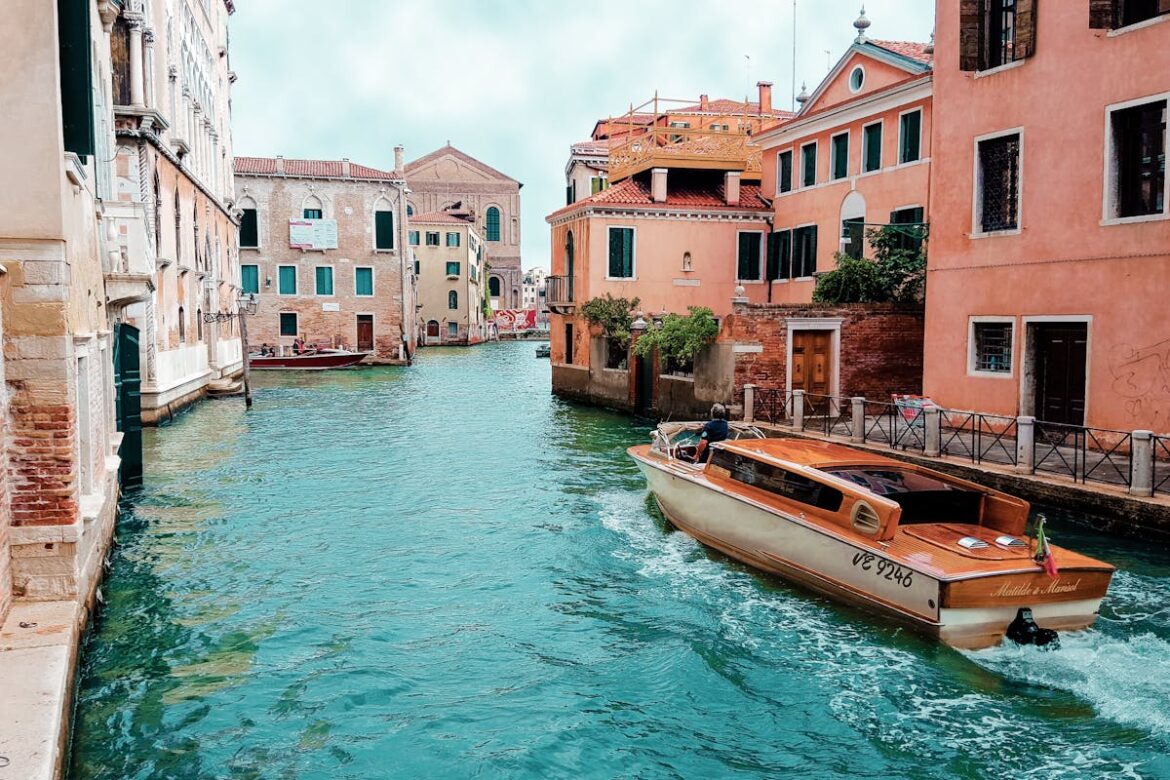Being born in Italy may sound like an automatic path to citizenship. But the truth is more complex. Italian citizenship by birth depends on specific laws, not just birthplace. This article breaks down how citizenship by birth in Italy works, who qualifies, and what you need to apply.
How Citizenship by Birth in Italy Works
Italy follows a primarily jus sanguinis system, meaning citizenship is based on descent rather than just birth location. Being born on Italian soil alone does not always grant citizenship.
Jus Soli and Italian Nationality Law Explained
Jus soli means citizenship by birthplace. Italy has limited application of this principle. Children born in Italy to foreign parents do not automatically get citizenship. Instead, citizenship is mainly passed from parents.
However, children born in Italy to non-Italian parents may apply for citizenship once they turn 18, if they have legally lived in Italy continuously since birth.
Citizenship Rights for Babies Born in Italy
Babies born in Italy to Italian parents are automatically Italian citizens at birth. But if both parents are foreigners, the child does not receive citizenship immediately.
If foreign-born children are raised in Italy, they can apply for citizenship later based on residency. This rule encourages integration and connection to Italy.
Italian Citizenship Through Parents and Descent
The key to Italian citizenship by birth is through parents. If at least one parent is an Italian citizen, the child is automatically a citizen regardless of birthplace.
This citizenship by descent Italy system is robust. It allows many descendants of Italians born abroad to claim citizenship. The law recognizes citizenship transmission without generational limits if the chain is unbroken.
Applying for Citizenship If Born in Italy
Understanding how to apply is crucial. Even if born in Italy, many must follow an application process to obtain citizenship.
Residency Requirements for Citizenship
Foreign-born children living in Italy must meet residency requirements to apply. Typically, continuous legal residence from birth until 18 years old is needed.
This rule allows applicants to gain citizenship after demonstrating ties and commitment to Italy.
The Italian Citizenship Application Process
Applying for citizenship after birth involves several steps:
- Proof of birth in Italy
- Evidence of continuous legal residence
- Parental documents and proof of status
- Application submission to local authorities
Processing times vary but often take several months to over a year.
Dual Citizenship Rules in Italy
Italy allows dual citizenship, meaning you do not have to renounce your original nationality. This policy benefits many immigrants and their children.
Dual citizenship status offers freedom to live, work, and travel in both countries without losing rights.
Important Documents for Citizenship by Birth in Italy
Proper documentation is essential for a smooth application. Commonly required documents include:
| Document | Purpose |
| Birth certificate | Proves place and date of birth |
| Parents’ citizenship proof | Confirms Italian nationality or foreign status |
| Residency permits | Shows legal continuous residence in Italy |
| Application forms | Official request for citizenship |
| Proof of schooling | Sometimes required to show integration |
Gathering these documents early speeds up the process.
Recent Updates on Italian Citizenship Law
Italian citizenship laws have evolved. Recent changes make it easier for some groups to claim citizenship. For example, recognition of citizenship through maternal lines was clarified after 1948.
Awareness of law updates can impact eligibility and application success.
Also Read: Do You Get Citizenship If You Are Born in Italy
FAQs About Born in Italy Citizenship
Q1: Does being born in Italy guarantee citizenship?
No, birth in Italy alone does not grant citizenship unless at least one parent is Italian or the child meets residency conditions.
Q2: Can children of foreign parents apply for citizenship later?
Yes, if they live in Italy legally and continuously until age 18, they may apply for citizenship.
Q3: Is dual citizenship allowed in Italy?
Yes, Italy permits dual citizenship without requiring renunciation of other nationalities.
Q4: What documents are needed for citizenship by birth?
Key documents include birth certificates, proof of parents’ citizenship, residency permits, and application forms.
